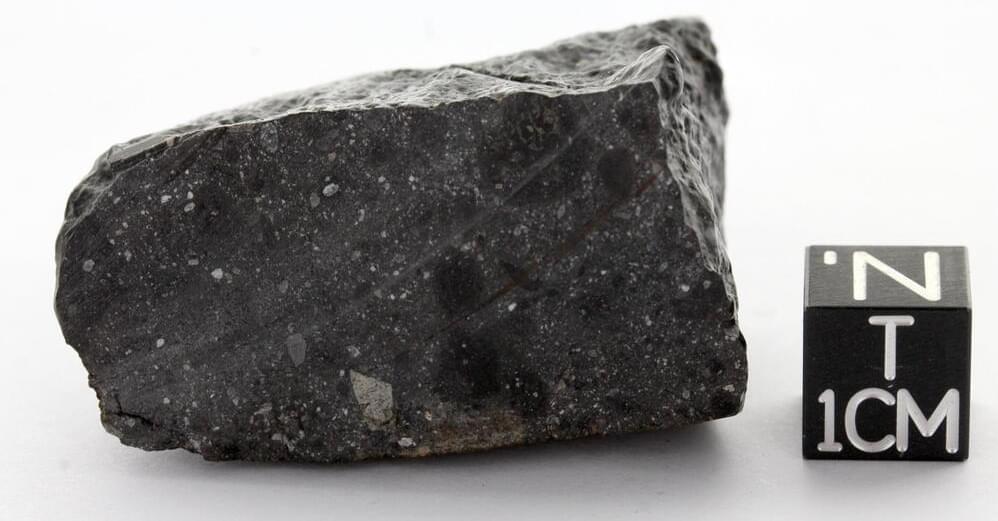We review the salient evidence consistent with or predicted by the Hoyle-Wickramasinghe (H-W) thesis of Cometary (Cosmic) Biology. Much of this physical and biological evidence is multifactorial. One particular focus are the recent studies which date the emergence of the complex retroviruses of vertebrate lines at or just before the Cambrian Explosion of ∼500 Ma. Such viruses are known to be plausibly associated with major evolutionary genomic processes. We believe this coincidence is not fortuitous but is consistent with a key prediction of H-W theory whereby major extinction-diversification evolutionary boundaries coincide with virus-bearing cometary-bolide bombardment events. A second focus is the remarkable evolution of intelligent complexity (Cephalopods) culminating in the emergence of the Octopus. A third focus concerns the micro-organism fossil evidence contained within meteorites as well as the detection in the upper atmosphere of apparent incoming life-bearing particles from space. In our view the totality of the multifactorial data and critical analyses assembled by Fred Hoyle, Chandra Wickramasinghe and their many colleagues since the 1960s leads to a very plausible conclusion – life may have been seeded here on Earth by life-bearing comets as soon as conditions on Earth allowed it to flourish (about or just before 4.1 Billion years ago); and living organisms such as space-resistant and space-hardy bacteria, viruses, more complex eukaryotic cells, fertilised ova and seeds have been continuously delivered ever since to Earth so being one important driver of further terrestrial evolution which has resulted in considerable genetic diversity and which has led to the emergence of mankind.






